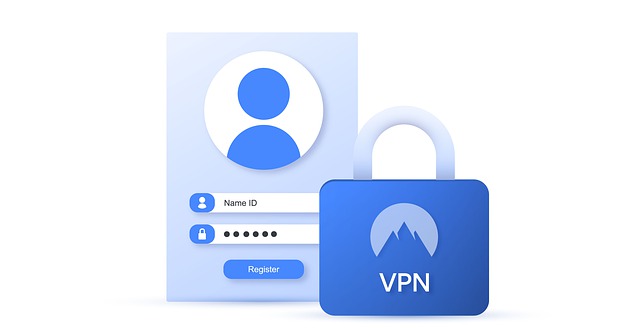
If you plan to use an internet connection to access U-M systems while off campus, you should secure your connection with a Virtual Private Network (VPN).
When you use a U-M VPN, you are securely connected using a U-M network, regardless of where you are. This allows you to access U-M resources that require you to be on a U-M network.
To install and use the appropriate VPN client for your campus, refer to the following resources:
- U-M VPN. Available to all U-M students, faculty, staff, and sponsored affiliates, as well as alumni and retirees.
- Michigan Medicine Cisco AnyConnect VPN. Available to members of the Michigan Medicine community. For more information, installers, and instructions, see VPN – Cisco AnyConnect Mobility Client in the Michigan Medicine KnowledgeBase.
- UM-Dearborn VPN. Available to students, faculty, staff, and sponsored guests of the Dearborn campus.
- UM-Flint VPN. Available to students, faculty, and staff of the Flint campus.
For links to guidance on securing your home wireless network, cellular network, campus connections (wired or wireless), or internet connection while traveling, see Secure Your Internet Connection. If your unit gives you permission to use a personal device to access or maintain sensitive university data, be aware of and comply with Security of Personally Owned Devices That Access or Maintain Sensitive Institutional Data (SPG 601.33).
